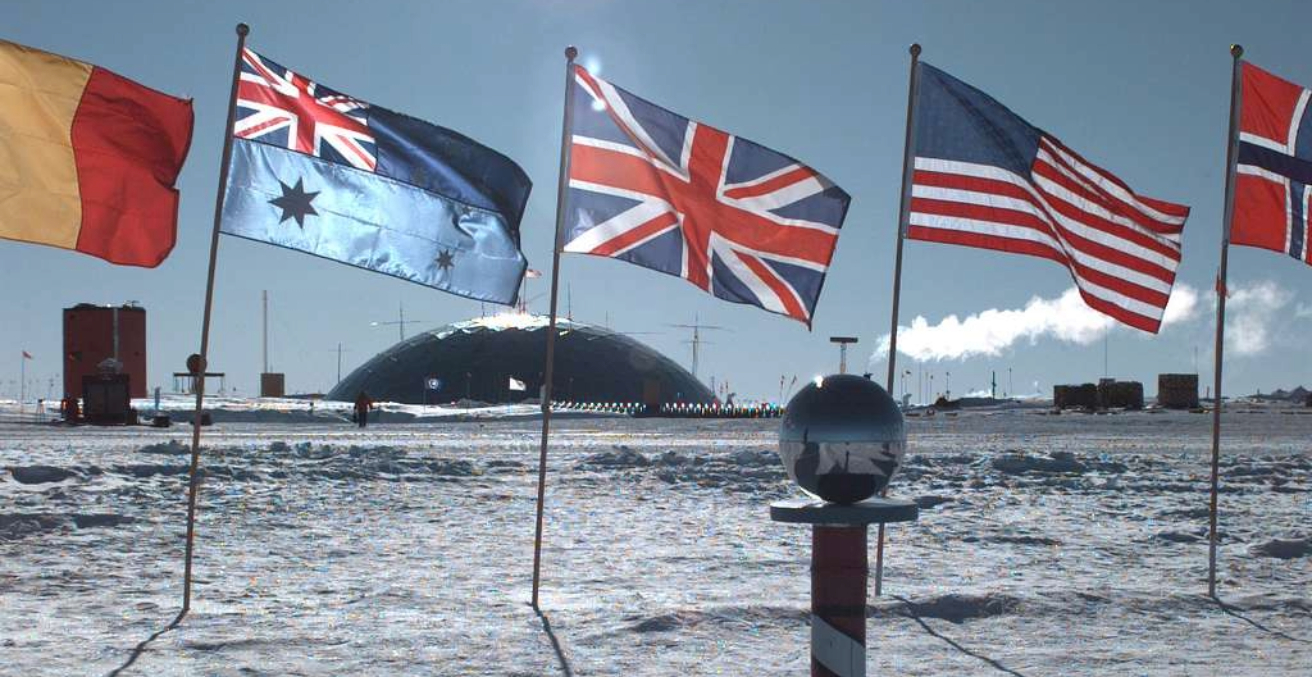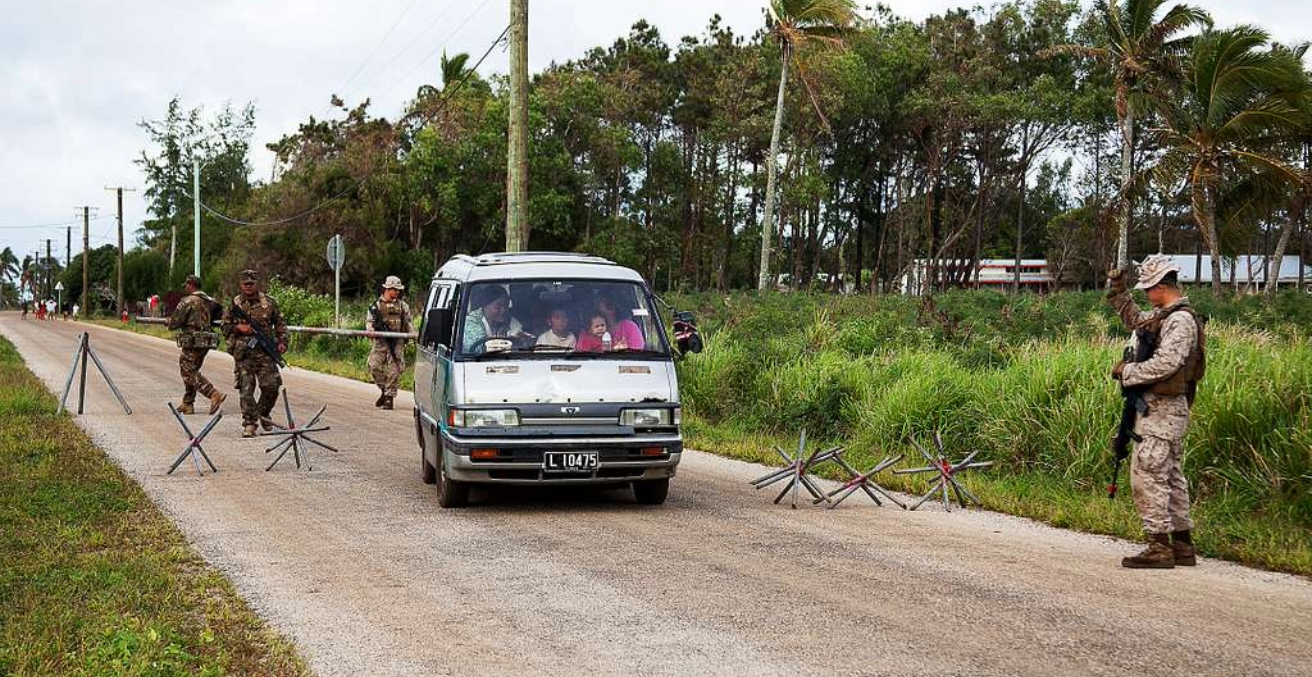Australia’s decision to litigate against Japan’s whaling program is a consequence of variable factors within Australia’s domestic political climate.
Summer in Australia has come to be associated with sun, surf, cricket, bushfires, and frequent political and media attention to Japan’s whaling in the Southern Ocean. The Japanese fleet typically leaves port in November or early December and returns to Japan in March/April. And for the past decade the Sea Shepherd Society has just as regularly conducted a campaign of obstruction and media attention-grabbing in an endeavour to bring pubic pressure to bear on Japan to cease the hunt.
Summer 2013-2014 has been no exception. Bob Brown, now retired from parliament but still on the trail as a director of Sea Shepherd Australia, berated the Government for not doing more, and Tony Abbott has been questioned as to why this is not a topic he would be raising when meeting Prime Minister Abe. This summer we are also awaiting the judgment of the International Court of Justice on the question as to whether Japan’s Antarctic whale research program is in breach of Japan’s obligations under the 1946 Whaling Convention.
Australia has been one of the staunchest opponents of commercial whaling since the highly successful campaign by the environmental movement in the 1970s closed the last whaling station in the English-speaking world, at Albany in Western Australia. The Australian Government has been a strong ally of anti-whaling NGOs, particularly following the introduction of an International Whaling Commission (IWC) moratorium on commercial whaling in 1986, working for the cause through bilateral negotiations, the IWC and most recently through international litigation.
Why litigate?
That Australians believe it is wrong to kill whales is not in doubt. But the move of the Rudd Labor Government in 2010 to launch a case before the International Court of Justice (ICJ) was a whole other matter. There was danger in the possibility of the Court considering the status of Australia’s territorial claim in Antarctica, risk of potential damage to a significant economic relationship, the enormous expense of preparing and presenting a case before the World Court, an absence of indications that Japan was prepared to compromise on the matter, a seeming lack of certainty that Australia had a watertight legal position, and the degree of unpredictability of outcomes that necessarily accompanies any litigation. All this when Australia did not in any case claim that Japan had breached any obligations owing to Australia per se.
Australia’s decision to have the Court hear the matter therefore begs a broader question as to the circumstances in which governments choose litigation over political resolution of disputes. As was the case here, they rarely do so as a first step. Litigation often follows years of unsuccessful attempts at negotiated resolution of a dispute and it is only an option if both the applicant/s and respondent/s have given or are prepared to give their consent in one form or another to the jurisdiction of the Court.
Other than the failure of negotiation, perhaps the most obvious reason for a State to choose litigation is confidence in its own legal position. But there are several other factors of a more political nature that may also be brought to bear on the decision.. These include the potential value of the Court in winning the support of global public opinion. Showing the US in a bad light was likely part of the motivation behind Nicaragua taking the United States to the ICJ in the famous Nicaragua Case.
Referral of a case to the Court may also be used by governments as a means of dealing with domestic political pressure. The Australian Government was undoubtedly under enormous domestic pressure to stop Japanese whaling and this is likely to have been a factor in the decision of Cabinet.
Interestingly enough, however, this reason for choosing litigation would seem to occur most often when a government is prepared to compromise but its public has more hawkish preferences. Litigation can then offer a national government an excuse for moderating its position.
Whether or not the Australian Government had seen potential in litigation as a means of having the electorate accept a low level of sustainable whaling cannot be known at present. But given the strength of anti-whaling sentiment in Australia it would not seem likely that this had been the plan behind Australia’s 2010 decision to launch the case. The strength of that sentiment also means that it is difficult to know how an equivocal judgment would be greeted within Australia.
Nevertheless the decision of the Rudd Government may yet be vindicated. Progress towards conclusion of a bilateral free trade deal with Japan suggests that the issue has been successfully quarantined within the bilateral relationship and minimal attention was paid to the status of the Australian Antarctic Territory during the hearings in The Hague.
Whatever the legal outcome, the case has served to further publicise the issue; from an anti-whaling perspective any finding less than fully supportive of Australia’s decision would likely reduce respect for the Court than reverse attitudes towards the morality of whaling. From an activists’ perspective, any outcome is therefore a good outcome so long as it moves us one step closer towards an end to all commercial whaling.
The International Court of Justice is due to hand down its decision on the 31 March 2014.
Shirley Scott is Associate Professor, School of Social Sciences, University of New South Wales.
This is an edited version of an article originally published in the Australian Journal of International Affairs, Vol 68 (1), 2014.




